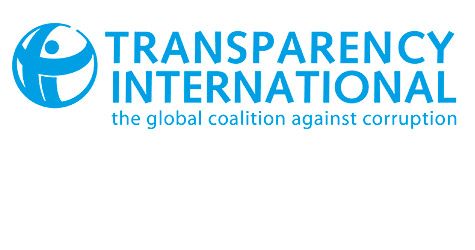TI BiH: Latest affair proves BiH top judicial institution part of the problem

The latest affair involving the head of Bosnia's top judicial institution Milan Tegeltija in the alleged trade of influence only proves that they are part of the problem, and not its solution, Transparency International in Bosnia said Friday, adding that this will only further deepen the citizens' distrust in the judiciary.
"Disciplinary commissions, composed of members of the High Judicial and Prosecutorial Council (HJPC), previously decided that the President of the HJPC cannot bear disciplinary responsibility because he takes actions in the capacity of the president of the Council, not a judge. Such impunity leads to repeated examples of inappropriate behaviour," Transparency International in Bosnia and Herzegovina (TI BiH) said.
The Istraga.ba investigative journalism portal released an audio recording on Thursday allegedly featuring the head of the HJPC which appoints and sanctions all judges and prosecutors in the country, discussing the possibility of naming the sister of a former member of the Council to the post of judge in the Banja Luka Basic Court.
According to Istraga.ba, the conversation featured in the recording was between him and former HJPC member Miljana Buha.
Before the person mentioned in the video was appointed to the position of expert associate in the District Commercial Court in Banja Luka, the TI BiH received a report at the end of 2017 that the competition was a farce and that this person would be appointed due to her family ties with a member of the HJPC.
"The Banja Luka District Commercial Court refused to submit information on the competition procedure and submitted it over two years later and after two court verdicts in favour of the TI BiH. The documents showed that the said candidate was indeed the best in the written exam, but the application, in which her appointment was announced, pointed out that written testing is the biggest corruption risk. And that this will be the reason why many opponents will give up the procedure, as was the case," TI BiH said.
The latest findings of the Organization for Security and Co-operation in Europe (OSCE), the United States Agency for International Development and Co-operation (USAID), as well as earlier reports from the European Commission and domestic NGOs, are united in their assessment of the deteriorating situation in the judiciary.
"According to the OSCE report on the judiciary's response to corruption, only one indictment was filed in high-corruption cases in 2019, while the USAID concluded that prosecutors and judges themselves gave a negative assessment of their work in the fight against corruption. Public opinion polls on justice, presented at the debate of the Delegation of the European Union to BiH "Right to Justice" (Pravo Na Pravdu), showed that two-thirds of citizens do not trust this government branch. While objective findings and public perception are on a steady downward trajectory, administrative data show an increase in the number of court and prosecutorial staff over the last five years, as well as an increase in court and prosecutorial budgets by as much as 24 and 39 percent, respectively," the organisation said.
The current legislative and institutional framework is unable to ensure the integrity and necessary reform processes, they added.
"The HJPC is part of the problem, not the solution. Amendments to the law on this regulator will not change the 'impunity syndrome' of high-level perpetrators reported by the OSCE, or eradicate corruption in the appointment of judges and prosecutors. The judiciary is in a deep crisis which can only be cured by radical reform measures such as disbanding the current HJPC, introducing vetting procedures or re-evaluating all judges and prosecutors modelled after Albania, and enacting a set of new regulations to ensure integrity and accountability," the TI BiH pointed out.
In the end, the TI BiH called on international and domestic actors to define new mechanisms that will ensure the integrity and accountability of the judiciary.
Kakvo je tvoje mišljenje o ovome?
Učestvuj u diskusiji ili pročitaj komentare





 Srbija
Srbija
 Hrvatska
Hrvatska
 Slovenija
Slovenija







